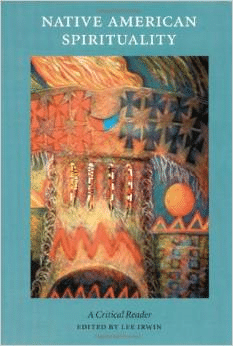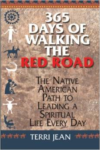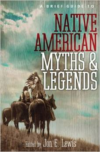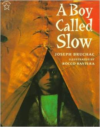Description
Spirituality may be the most contentious and poorly understood dimension of Native American communities today. For generations the religious beliefs and practices of Native Americans have been the subject of public fascination and scholarly inquiry. Unfortunately, this ongoing interest has all too frequently been fueled by facile generalizations, inaccurate information, or inappropriate methods of investigation. Given the legacy of misrepresentation and mistrust, is it possible to fully appreciate the religious meanings and experiences of Native Americans? This volume offers a stimulating, multidisciplinary set of essays by noted Native and non-Native scholars that explore the problems and prospects of understanding and writing about Native American spirituality in the twenty-first century. Considerable attention is given to the appropriateness and value of different interpretive paradigms for Native religion, including both “traditional” religion and Native Christianity. The book also investigates the ethics of religious representation, issues of authenticity, the commodification of spirituality, and pedagogical practices. Of special interest is the role of dialogue in expressing and understanding Native American religious beliefs and practices. A final set of essays explores the power of and reactions to Native spirituality from a long-term, historical perspective. Lee Irwin is an associate professor of philosophy and religious studies at the College of Charleston in Charleston, South Carolina. He is the author of Awakening to Spirit: On Life, Illumination, and Being and other works.






Reviews
There are no reviews yet.